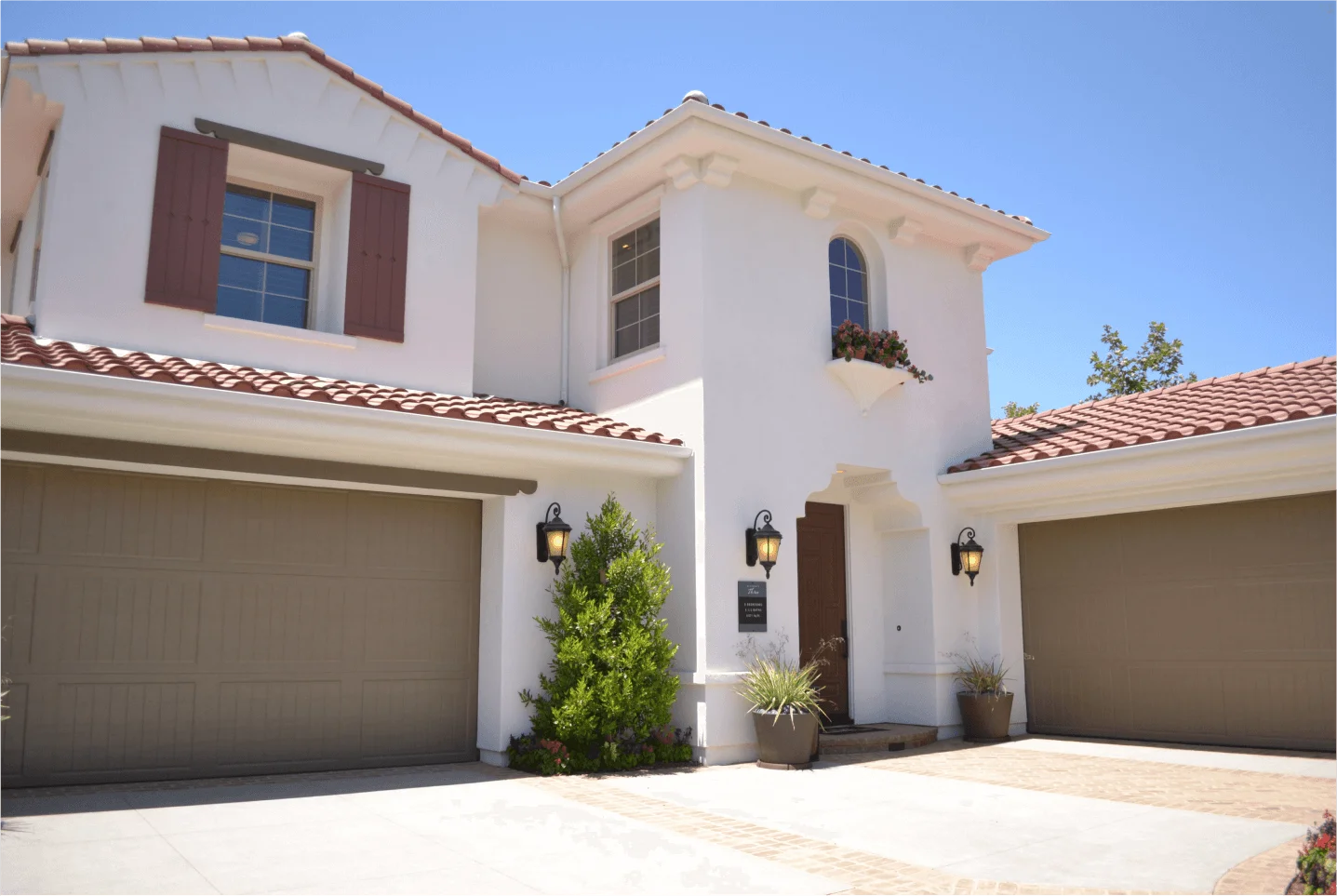
When considering your housing options, the choice between buying and renting can be one of the most significant decisions you will make in your life. This decision affects not just your finances but also your lifestyle and future stability. Therefore, understanding the key elements that influence this choice is crucial.
Let’s start with the basic distinctions between buying and renting. When you buy a home, you are making a long-term investment. Your monthly payments contribute toward owning a property that can appreciate in value over time. In contrast, renting is often seen as a more flexible, short-term solution. You pay a landlord for the right to live in a property without the responsibilities that come with ownership.
One of the first factors to consider is your financial situation. When you buy a home, you generally need a substantial down payment, along with closing costs. If you do not have these funds readily available, renting may be the more feasible option for you at this time. On the other hand, if you have the financial means, buying can offer you the chance to build equity, which is the portion of the home that you own outright. The more you pay down your mortgage, the more equity you build, and this can lead to greater financial stability and future wealth.
Consider the monthly expenses involved in both situations. As a homeowner, your monthly mortgage payment might be similar to or even less than what you would pay in rent, depending on the market. However, homeownership also comes with additional costs such as property taxes, homeowners insurance, maintenance, and repairs. These expenses can add up quickly, so it is essential to factor them into your budget.
Renting, on the other hand, typically involves fewer upfront costs. You may only need to pay first and last month’s rent along with a security deposit. This lower initial financial barrier might make renting more attractive, especially if you are not planning to stay in one place for long. Keep in mind, though, that rent prices can increase, sometimes significantly, over time. This means that while renting may seem cheaper in the short term, it could become more expensive as the years go by.
Next, consider your lifestyle and future goals. If you value flexibility, renting may be the better option. Renting allows you to move easily if your job requires relocation or if your personal circumstances change. For those who like the idea of moving to new neighborhoods or cities regularly, the commitment of buying a home might feel too restrictive.
On the flip side, if you are looking for stability, community, and a place to truly call your own, buying a home might be the wiser choice. Owning a home allows you to create a space that reflects your personal style, and you won’t face the uncertainties that come with lease agreements. Additionally, communities tend to feel more secure when they are comprised of homeowners who are invested in the area.
Another critical consideration is the current real estate market. In some areas, home prices are rising rapidly, making it a prime time to buy. If you’re in a market where home values are likely to appreciate, purchasing may be a wise investment. Conversely, if you are in a market with declining home values, renting may provide you with the option to avoid potential losses.
It’s also essential to think about your long-term plans. Are you planning to stay in the area for several years? If so, buying may make more sense. Generally, if you plan to stay in one place for at least five years, buying often becomes more financially advantageous compared to paying rent. However, if you’re uncertain about your future or may need to move within a few years, renting may offer the flexibility necessary to adapt to changing circumstances.
Another nuance to consider is the emotional aspect of homeownership versus renting. Owning a home can bring a sense of pride and accomplishment. The idea of having a place that is entirely yours, where you can make modifications and establish roots, is appealing to many. Renting often lacks this emotional connection, as you may feel more like a temporary resident. Think about what matters to you emotionally and how that influences your choice.
As you weigh the pros and cons of buying versus renting, it can also be beneficial to perform a thorough cost analysis. Calculate the total costs associated with buying a home, including mortgage payments, property taxes, insurance, and maintenance. Then do the same for renting, factoring in potential rent increases. This analysis can provide clearer insight into which option makes more financial sense in the long run.
In addition, consider your career. If you are in a stable position and foresee growth in your job, it may be a good time to buy. Conversely, if your job situation is unstable or if you are in a transitional phase, renting may be the safer option until you have a clearer picture of your future.
Furthermore, think about the impact of interest rates. While I can't discuss specific rates, it is essential to understand that the cost of borrowing can significantly affect your monthly mortgage payment. Even small changes in interest rates can alter the affordability of buying a home. Staying mindful of these trends can help you make a more informed decision.
Ultimately, the right choice between buying and renting depends on your unique situation. Your financial health, lifestyle preferences, and long-term plans will all play a role in your decision-making process.
I encourage you to reach out to discuss your specific needs and explore your options further. Understanding your goals and what you hope to achieve can help clarify whether buying or renting is the better path for you. Let's take the next step together and tailor a plan that fits your aspirations.


Mortgage Loan Officer
Chuckanut Mortgage Powered by Nationwide Loans | NMLS: 2341997